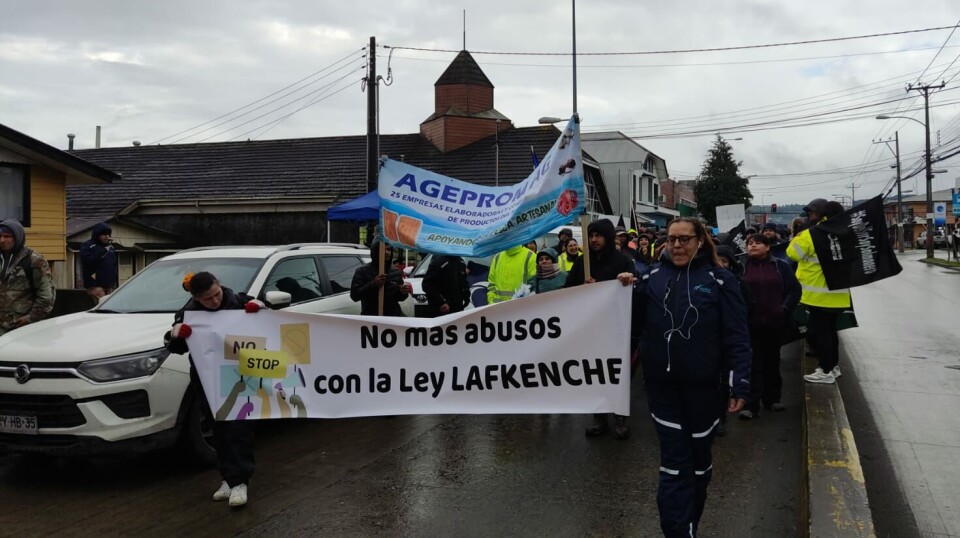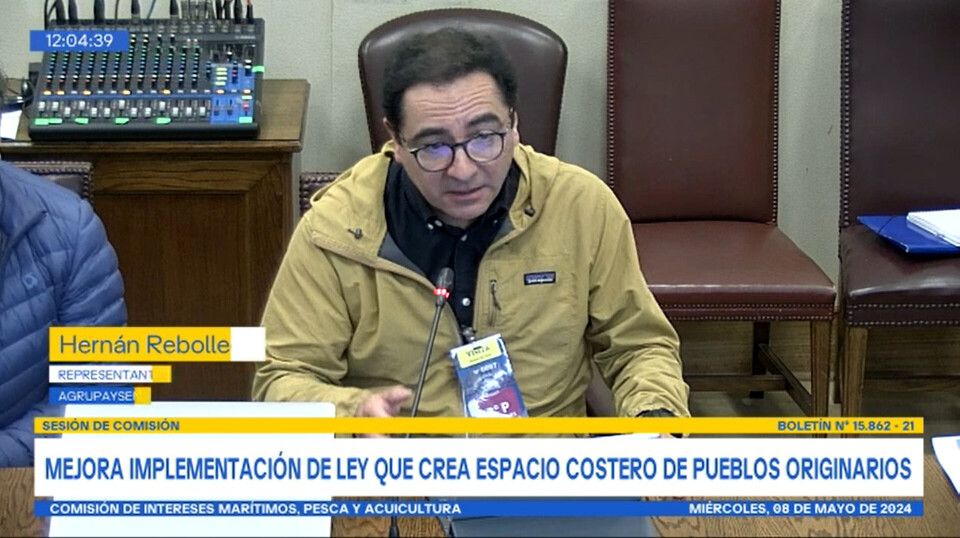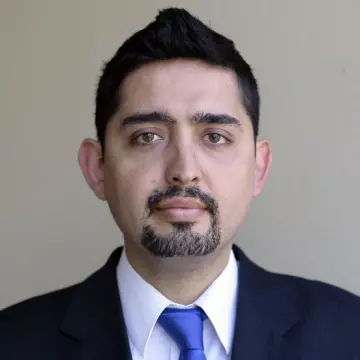
Chilean salmon workers march against bid for control of marine spaces
Commission urged to throw out application for 621,000 hectares for just 36 indigenous people
Chilean salmon workers have joined with those from other sectors to march against a bid for Coastal Marine Spaces for Native Peoples (Espacios Costeros Marítimos de Pueblos Originarios, or ECMPO), which are being requested in Chiloé, Los Lagos region, and that would affect key economic activities for the area.
Artisanal fishermen, shore gatherers, shellfish farmers, indigenous communities, residents of Quellón – a salmon port city in the south of Chiloé Island - and truck drivers also took part.
Marcelo Lipka, vice president of the Multi-Union of Salmon Farming Workers, told Fish Farming Expert’s Chilean sister site, Salmonexpert.cl, that ECMPOs covering more than 621,000 hectares are being requested for only 36 Indigenous people who, if the request in granted, “will say who works in their areas and who does not, thus that our activity is affected”.
Lafkenche Law
Lipka explained that in Quellón, four ECMPOs are being requested, called Compu, Chanco, Borde Costero Muelle Conectividad and Isla Linauac, while in Ancud in the north of Chiloé Island, one called Linao is requested.
The ECMPO requests are being made under the Lafkenche Law that grants limited resource access rights to all coastal indigenous communities, in designated portions of Chile’s coastal areas, for traditional uses including harvesting practices.
Other users of the coast, including salmon farmers, argue that the law is being wrongly applied and that the applications for vast tracts of sea go against the spirit of the legislation.
Appeal against refusal
In February, the Regional Coastal Edge Use Commission (CRUBC) of Aysén rejected two requests for ECMPO coastal spaces called Islas Huichas and Cisnes made by the Antunen Rain and Pu communities of indigenous peoples for more than 620,000 hectares. Those decisions are being appealed.
In Chiloé, workers marched yesterday to the Municipality of Quellón, where they spoke with Mayor Cristián Ojeda to explain the problems of the ECMPOs that will be voted upon on May 31 by the CRUBC of Los Lagos. Salmon farmers are demanding that the ECMPO applications are rejected.
Marta Oyarzo, spokesperson for the National Coordinator of Salmon Industry Workers, told Salmonexpert that more than 200 people marched against these ECMPOs. Deputy Mauro González also accompanied the marchers.

Senate review
Meanwhile, salmon farming suppliers from Aysén have made a presentation to the Maritime Interests, Fisheries and Aquaculture Commission of Chile’s Senate, which is looking at modifications to the Lafkenche Law.
Hernán Rebolledo, representative of AgrupAysén, described in Congress a document that involves 12 organisations that provide services to salmon farming. There, he emphasised that the sales generated by these aquaculture suppliers are close to 47 billion pesos (US $50.2 million) and make an important contribution to the regional economy which to date is at risk.
Rebolledo’s proposed changes to the Lafkenche Law procedure are:
- Ensuring that what the ECMPO applicant intends is really customary use
- Changing the rule that the indigenous use of the space has priority over other processes
- Reviewing the exclusive and indefinite right of indigenous peoples on this issue, implementing tougher rules for expiration in cases of bad practices
- Reducing the times for delivery or rejection of ECMPOs and thus reducing instrumentalisation through blockages, for example, of salmon farming concessions.



























































